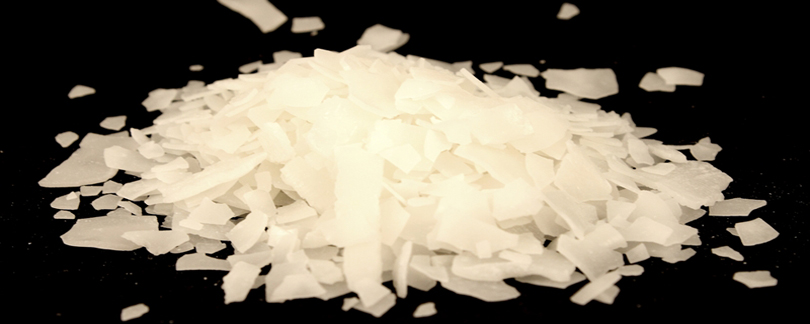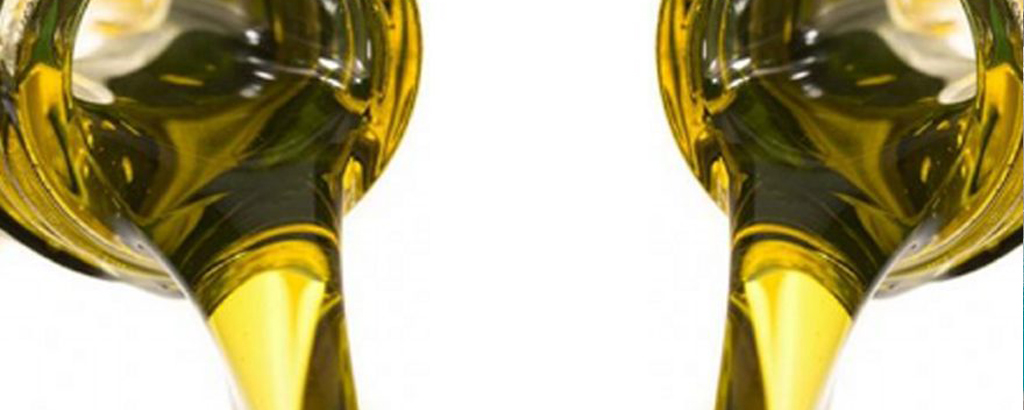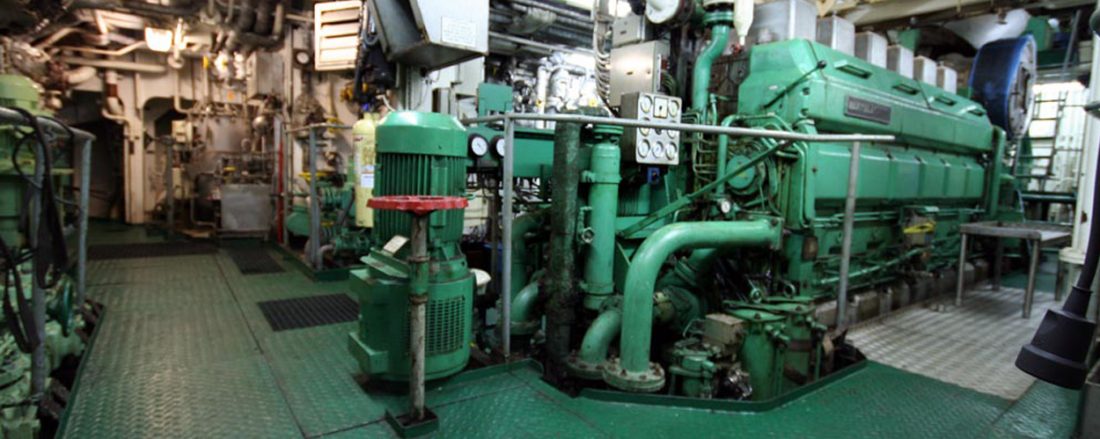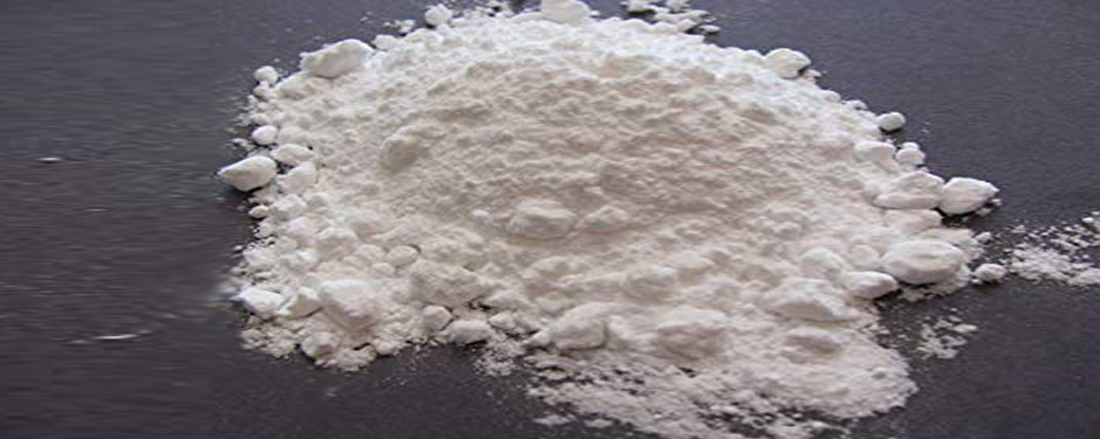kenya chemical is one of the leading caustic soda (Sodium hydroxide ) manufacturers and suppliers in kenya. We are supplied into various industrial markets including Household, Institutional Cleaning, Personal Care, and Industrial sectors including Oil fields, Agriculture, Lubricants, Marine Industry, Metal Working chemical industry, and Coatings markets.
Sodium hydroxide, also known as lye and caustic soda, is an inorganic compound with the formula NaOH. It is a white solid ionic compound consisting of sodium cations Na+and hydroxide anions OH−Sodium hydroxide is a highly caustic base and alkali that decomposes proteins at ordinary ambient temperatures and may cause severe chemical burns. It is highly soluble in water and readily absorbs moisture and carbon dioxide from the air. It forms a series of hydrates NaOH·nH2O. The monohydrate NaOH·H2O crystallizes from water solutions between 12.3 and 61.8 °C. The commercially available “sodium hydroxide” is often this monohydrate, and published data may refer to it instead of the anhydrous compound.
As one of the simplest hydroxides, sodium hydroxide is frequently utilized alongside neutral water and acidic hydrochloric acid to demonstrate the pH scale to chemistry students.
Sodium hydroxide is used in many industries: in the manufacture of pulp and paper, textiles, drinking water, soaps and detergents, and as a drain cleaner.
Sodium hydroxide is a popular strong base used in the industry. Sodium hydroxide is used in the manufacture of sodium salts and detergents, pH regulation, and organic synthesis. In bulk, it is most often handled as an aqueous solution, since solutions are cheaper and easier to handle.
Sodium hydroxide is used in many scenarios where it is desirable to increase the alkalinity of a mixture or to neutralize acids.
For example, in the petroleum industry, sodium hydroxide is used as an additive in drilling mud to increase alkalinity in bentonite mud systems, to increase the mud viscosity, and to neutralize any acid gas (such as hydrogen sulfide and carbon dioxide) which may be encountered in the geological formation as drilling progresses.
Another use is in Salt spray testing where pH needs to be regulated. Sodium hydroxide is used with hydrochloric acid to balance pH. The resultant salt, NaCl, is the corrosive agent used in the standard neutral pH salt spray test.
Poor quality crude oil can be treated with sodium hydroxide to remove sulfurous impurities in a process known as caustic washing. As above, sodium hydroxide reacts with weak acids such as hydrogen sulfide and mercaptans to yield non-volatile sodium salts, which can be removed. The waste which is formed is toxic and difficult to deal with, and the process is banned in many countries because of this.
It is used for making soaps and detergents. Sodium hydroxide is used for hard bar soap while potassium hydroxide is used for liquid soaps. sodium hydroxide is used more often than potassium hydroxide because it is cheaper and a smaller quantity is needed.
It is used as drain cleaners that contain sodium hydroxide converts fats and grease that can clog pipes into soap, which dissolves in water.
It is used for making artificial textile fibers (such as Rayon).
It is used in the manufacture of paper. Around 56% of sodium hydroxide produced is used by industry, 25% of which is used in the paper industry.
Caustic Sosa is used in the manufacture of paper.
It is used in purifying bauxite ore from which aluminium metal is extracted. This is known as the Bayer process. (see dissolving amphoteric metals and compounds).
It is used in degreasing metals, oil refining, and making dyes and bleaches.
Sodium hydroxide is sometimes used during water purification to raise the pH of water supplies. Increased pH makes the water less corrosive to plumbing and reduces the amount of lead, copper, and other toxic metals that can dissolve into drinking water.
Sodium hydroxide is used in some cement mix plasticizers. This helps homogenize cement mixes, preventing segregation of sands and cement, decreases the amount of water required in a mix, and increases the workability of the cement product, be it mortar, render, or concrete.
NaOH Uses (Sodium Hydroxide)
It is used in the manufacturing of detergents and soaps.
It is used in the production of bleach-like chlorine.
It is used in drain cleaners.
It is used in the removal of heavy metals from the water by the municipal water treatment facility.
It is used in food preservatives to prevent bacteria and mold growth.
It is used for canning.
It is used in the papermaking and paper recycling process.
Sodium Hydroxide (Caustic Soda) Market, By Form
• Liquid Form
• Solid Form
Sodium Hydroxide (Caustic Soda) Market, By Grade
• ACS Grade
• Rayon Grade
• Laboratory Reagent Grade
• Food Grade
• Pharmaceutical grade
• Industrial grade
• Others
Sodium Hydroxide (Caustic Soda) Market, By Manufacturing
• Membrane electrolytic Cell
• Diaphragm Electrolytic Cell
• Mercury Electrolytic Cell
• Lime Soda Process
• Others
Sodium Hydroxide (Caustic Soda) Market, By Packaging
• HDPE/PP Bags with LDPE lining
• Plastic Bottles
• Plastic Cans
• Plastic Pails
• Plastic Drums
• Others
Sodium Hydroxide (Caustic Soda) Market, By Application Type
• Chemical Reagent & Intermediate
• Soaps and Detergents
• Water Treatment
• Leaching agent
• pH Adjustment
• Pharmaceutical Synthesis
• Petroleum Refining
• Textile Dyeing
• Mercerizing & Bleaching
• Others
Sodium Hydroxide (Caustic Soda) Market, By End User Industry
• Pharmaceutical Industry
• Oil & Gas Industry
• Waste Management & Treatment Industry
• Metal Manufacturing Industry
• Healthcare & Hygiene Industry
• Textile Industry
• Pulp & Paper Industry
• Food & Beverages Industry
• Specialty Chemicals
• Academic research
• Others
We are trying our best to supply every chemical you may wish to buy. However, if there is something you can’t find, feel free to contact us and we will find just what you are looking for and offer you a competitive price. For more information or to request a particular product, call customer services or Given website Email address.
mail@kenyachemical.com





